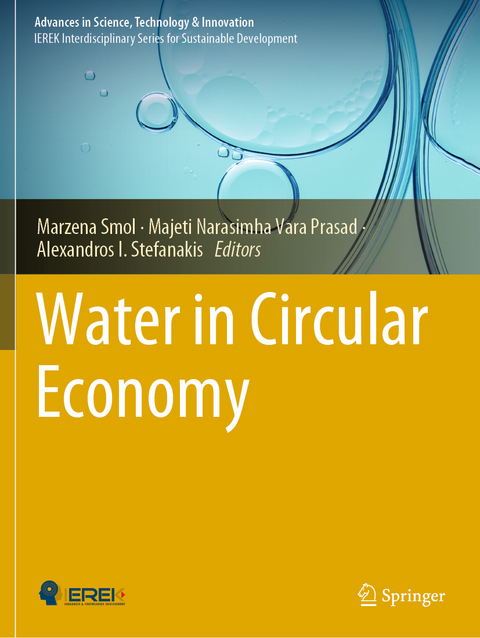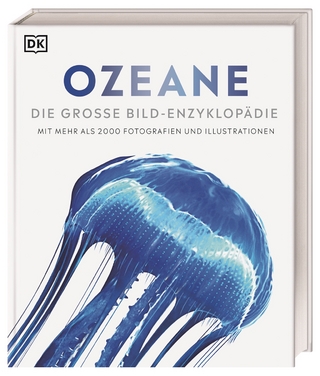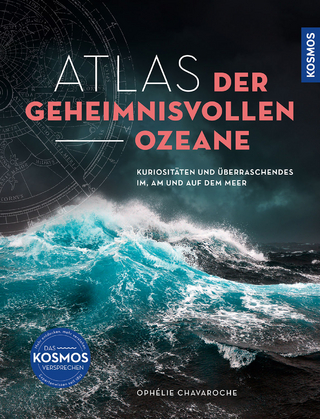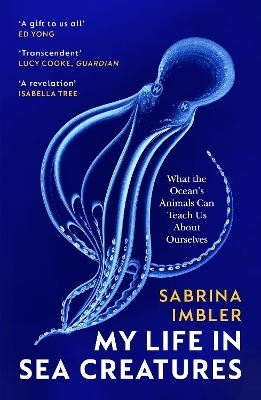
Water in Circular Economy
Springer International Publishing (Verlag)
978-3-031-18167-2 (ISBN)
This book presents possible solutions for a circuler economy (CE) in the water and wastewater sector through an inventory of multidisciplinary knowledge with high scientific and practical importance which can contribute to support the transition to the CE model in water and wastewater sector.
Water in modern studies exceeds being an important source for irrigation and drinking. It is now a significant source of renewable energy and a catalyst in most industrial and manufacturing products. The protection and sustainable management of water resources and water-based waste (as wastewater, sewage sludge, or sewage sludge ash) are important aspects of the CE, which is defined as a regenerative growth model that gives back to the planet more than it takes. Our book, entitled "Water in Circular Economy", delivers a comprehensive overview of the latest research covering the following aspects of water management from the perspective of the CE implementation:· Water as a key resource in the circular economy;
· Innovative solutions in transition to the circular economy in water and wastewater sector;
· Monitoring of circular economy implementation in water and wastewater sector.
Marzena Smol is Head of the Division of Biogenic Raw Materials and Professor at the Mineral and Energy Economy Research Institute, Polish Academy of Sciences (IGSMiE PAN). She specializes in Environmental Protection and Engineeringas well as International Project Management. Expert in the field of biogenic raw materials management in the context of sustainable development (SD), circular economy (CE) and Green Deal Strategies. She participated in the development of the Roadmap 'Transformation towards circular economy in Poland'. Expert in projects dedicated to raw materials recovery (phopshorus), waste-based fertilizers, policy recommendations, water recovery, wastewater treatment, environmental education for CE. Holder of the Minister's Scholarship for Outstanding Young Scientists. She authored and co-authored over 100 papers. She is the holder of Springer Nature 2020 Highlights in "Water" category for publication on CE in water and wastewater sector. Member of the Academy ofYoung Scientists of the Polish Academy of Sciences. She is also Deputy Director of the Krakow School of Interdisciplinary PhD Studies.
Majeti Narasimha Vara Prasad is Emeritus Professor, School of Life Sciences, University of Hyderabad, India. He has published over 219 papers and edited 34 books. He received doctorate in Botany from Lucknow University, India in 1979. Based on an independent study by Stanford University scientists in 2020, he figured in the top 2% of scientists from India, ranked number 1 in Environmental Sciences (116 in the world). Prasad had several visiting assignments viz.,University Quebec INRS-Eau, Canada, 1994; Dept of Plant Physiology and Biochemistry, Jagiellonian University, Krakow, Poland, 1996; University of Coimbra, Portugal, 1999; Stockholm University, Institute of Botany, Sweden, 2000; University of Oulu, Oulu Finland, 2002; University of South Australia, Adelaide, Australia, 2005; Al-Farabi Kazakh National University, Dept. of Botany, Almaty, Kazakhstan, 2006; Ural Federal University, Ekaterinburg, Russia, 2007 to 2015; Ghent University Faculty of Bioscience Engineering, Belgium, 2011; Mahasarakham University, Thailand, 2013-14; University of Santa Cruz, Ilheus-Bahia, Brazil, 2015; Govt. of India deputation to Asian Institute of Technology, Thailand for one semester 2017.
Alexandros Stefanakis is Assistant Professor at Technical University of Crete (Greece). He received PhD in Environmental Engineering at the Democritus University of Thrace. He is expert in ecological treatment of wastewater and sludge using natural systems. He has published over 15 papers in international peer-reviewed journals, international and national conference proceedings etc. His work includes numerous experiments with Constructed Wetland systems of different types and applications. He has participated in many national and European research projects. He has supervised and trained various undergraduate students. He has been rewarded twice during his career for his research work. Dr Stefanakis is also a practicing environmental engineer in Greece, dealing with the design of Constructed Wetlands facilities.
Water as key resource in Circular Economy.- Impact Of Climate Change on Water Status: Challenges and Emerging Solutions.- Integrated Water Management - Directions of Activities and Policies.- Circular Water Management in Smart Cities.- The Influence of Mineral Parameters on the Geochemistry of Heavy Metals in Bottom Sediments.- Sustainable Water Use in Agriculture - Circular Economy Approach.- Innovative Solutions in the Transition to Circular Economy in Water Sector.- Advanced Treatment Technologies in Removal of Pollutants from Water and Wastewater.- The Role of Water Recycling in Building a Circular Economy in the Textile Industry.- The Role of Water Recycling in Building a Circular Economy in the Textile Industry.- Preliminary Microbiological Risk Assessment for Local Water Reuse in a Small MBR Waste Water Treatment Plant.- Can Remote Sensing be a Useful Tool to Increase Water Reuse in Agriculture?.- Nutrients Recovery in Water and Wastewater Sector.- Technologies for Nutrient Recovery From Municipal Wastewater.- Circular Economy in Domestic and Industrial Waste Waters: Challenges and Opportunities.- Monitoring of Circular Economy Implementation in Water Sector.- Water Footprint of Business and Circular Economy.- Economic, Social and Environmental Dimensions in the Circular Economy (CE) Monitoring Framework in Water and Wastewater Sector.- Circular Economy Indicators and Measures in Water and Wastewater Sector - Case Study.- Business Opportunities in Water and Wastewater Sector as a Part of the Resolve Framework.- Circular Economy Implementation in the Water Sector: Wastewater Treatment Plant Tychy-Urbanowice Case Study.- Wastewater-Based Circular Economy Operations in East Kolkata Wetlands (The Largest Ramasar Site in South Asia), India.
| Erscheinungsdatum | 30.03.2024 |
|---|---|
| Reihe/Serie | Advances in Science, Technology & Innovation |
| Zusatzinfo | IX, 254 p. 106 illus., 81 illus. in color. |
| Verlagsort | Cham |
| Sprache | englisch |
| Maße | 210 x 279 mm |
| Themenwelt | Naturwissenschaften ► Geowissenschaften ► Hydrologie / Ozeanografie |
| Schlagworte | circular economy • climate change • Green Deal • Water • Water Management • Water Reuse |
| ISBN-10 | 3-031-18167-0 / 3031181670 |
| ISBN-13 | 978-3-031-18167-2 / 9783031181672 |
| Zustand | Neuware |
| Haben Sie eine Frage zum Produkt? |
aus dem Bereich


